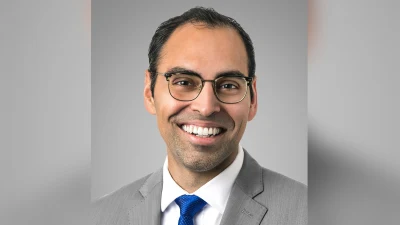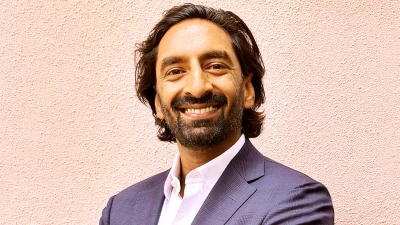WHK transformation sees profit hit


Diversified financial services group WHK has been impacted by continuing volatile markets, investor uncertainty and internal change costs, reporting a 51.6 per cent decline in net first half profit to $13.859 million.
However, the company told the Australian Securities Exchange today that while it had faced a difficult business climate which had combined with the ongoing implementation of a business transformation program, it had still managed to deliver solid revenue growth.
"Business conditions continued to be challenging but the group's strategy is clear; transformation is underway and WHK is well positioned for continued growth," it said.
However, the bottom line for the group was that while overall group revenue was up 1 per cent to $215 million with business services revenue up 3 per cent, financial services revenue was down 5 per cent.
It said the decline in financial services revenue was attributable to a significant fall in investment markets and retail investors maintaining overweight cash positions or deferring retirement.
Referencing the impact of its business transformation program, the WHK announcement said first half earnings had been impacted by $8.8 million of one-off costs, including a provision of $6.7 million encompassing all expected future costs.
However, it said the successful implementation of remuneration model and group shared services projects in the second half and other improvement initiatives would ensure the group was well positioned for continued growth.
The directors said they expected second half normalised earnings to be broadly in line with the previous corresponding period.
Recommended for you
In this episode of Relative Return, host Laura Dew chats with Zahid Kassam, portfolio manager at MFS Investment Management, to unpack the intricacies of contrarian investing and how financial advisers can uncover hidden gems.
In this week’s episode of Relative Return Insider, AMP chief economist Shane Oliver joins the show to break down the Reserve Bank’s recent decision to cut interest rates to their lowest level since early 2023, and how it highlights a notable pivot in the central bank’s stance.
In the latest episode of Relative Return, host Laura Dew chats with Haran Karunakaran, fixed income investment director at Capital Group, to discuss why fixed income solutions are back in the spotlight of client portfolios for advisers.
In this week’s episode of Relative Return Insider, Financial Services Council CEO Blake Briggs joins the show to break down what the federal election and new-look Treasury portfolio mean for the financial services industry.












